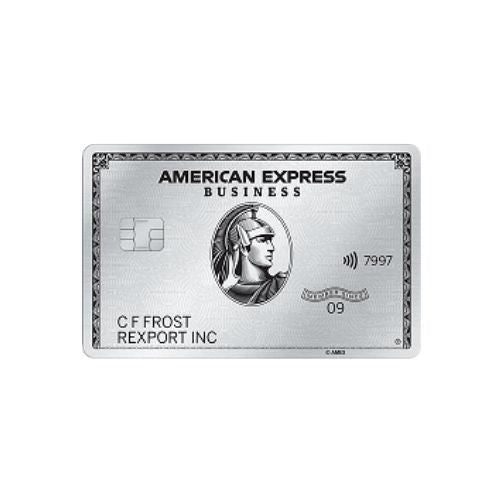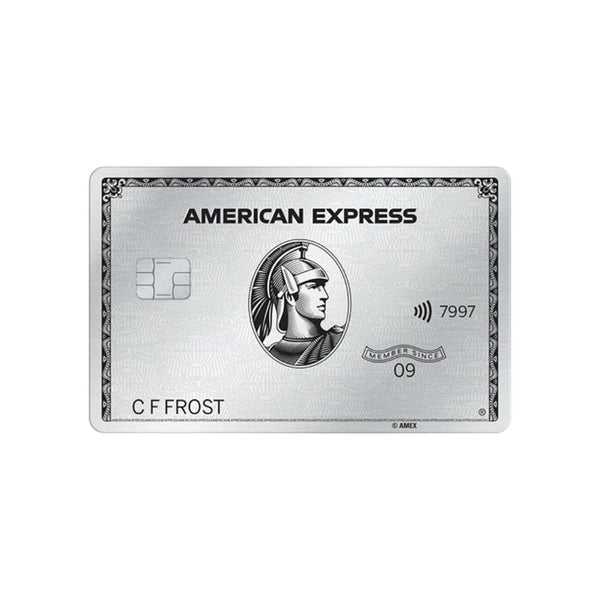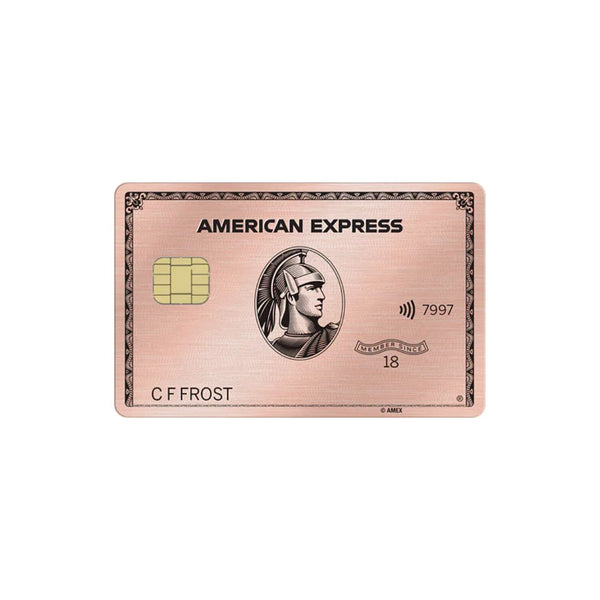Building good credit is an essential aspect of personal finance, as it can affect your ability to secure loans, credit cards, and even rental agreements. Establishing a good credit score takes time and effort, but it's worth it in the long run. Here are five habits that can help you build and maintain good credit.
Pay your bills on time
Making on-time payments is one of the most important components of establishing good credit. Make sure to pay all of your expenses, including credit cards, loans, and utility bills, on time because late payments can have a substantial negative influence on your credit score. Set up automated payments or reminders if you have trouble remembering to pay your bills.
Keep your credit utilization low
Another important component of your credit score is your credit usage, or the percentage of your available credit that you actually utilize. Aim to keep your credit utilization below 9%% to retain good credit, pay off the entire sum on your credit cards each month to avoid paying interest. Ask for a credit card increase, Chase just made available that when you apply for a increase it should not affect your credit score
Frequently check your credit report.
You can access your reports for free at AnnualCreditReport.com You can find any mistakes or inaccuracies that might be affecting your credit score by keeping an eye on your credit report. Take advantage of the free credit reports you are entitled to from each of the three main credit reporting agencies once a year and check your reports frequently.
Use credit responsibly.
While having credit is necessary to build good credit, using it responsibly is equally important. Avoid opening too many credit accounts at once, as this can lower your credit score. Additionally, be mindful of your spending and only use credit for purchases that you can afford to pay off.
Keep old credit accounts open.
The length of your credit history is another factor that impacts your credit score. If you have old credit accounts that are in good standing, keeping them open can help increase the length of your credit history and improve your credit score. However, if you have credit accounts with high interest rates or annual fees, it may be better to close them. but It's better not to close the first 3 credit cards you ever opened, Last but not least building and maintaining good credit requires discipline and commitment. By following these habits, you can improve your credit score over time and secure a more stable financial future.
Keep Your Old Accounts Active.
Keep your credit card accounts open and active, as credit scoring methods reward you for having a long credit history. Make a purchase at least once every three months and then pay it off in full.
Prioritize Credit Card Debt Over Loans.
Paying off credit card debt should be a priority as it can greatly improve your credit score. Credit utilization ratio is exclusively determined by your lines of credit, and credit cards usually have higher interest rates than other types of debt.
Apply for New Credit Selectively.
Avoid applying frequently for new credit cards as this can signal financial distress and result in a drop in your score due to hard inquiries. However, if you're shopping for a mortgage or loan, limit your inquiries to a 45-day window to minimize the impact on your score.
If you don't qualify for a regular card, open a secured card.
When you have a low credit score and are having trouble getting approved for a traditional credit card or loan, one of our preferred options is to open a secured credit card. Your deposit is converted into a line of credit and is fully refundable.
If you make all of your payments on time for a year, most lenders will provide you an unsecured line of credit. Check with the credit bureaus to see if the card issuer you chose will record your payments.
Keep Your Credit Score in Perspective.
Remember that your credit score is just one aspect of your financial health. Having an emergency fund, saving for retirement, and earning a decent living are all important factors that don't affect your credit score. Also, lenders consider more than just your credit score when making a decision, so having a low debt-to-income ratio, a decent down payment, and a steady paycheck can all increase your odds of approval.








